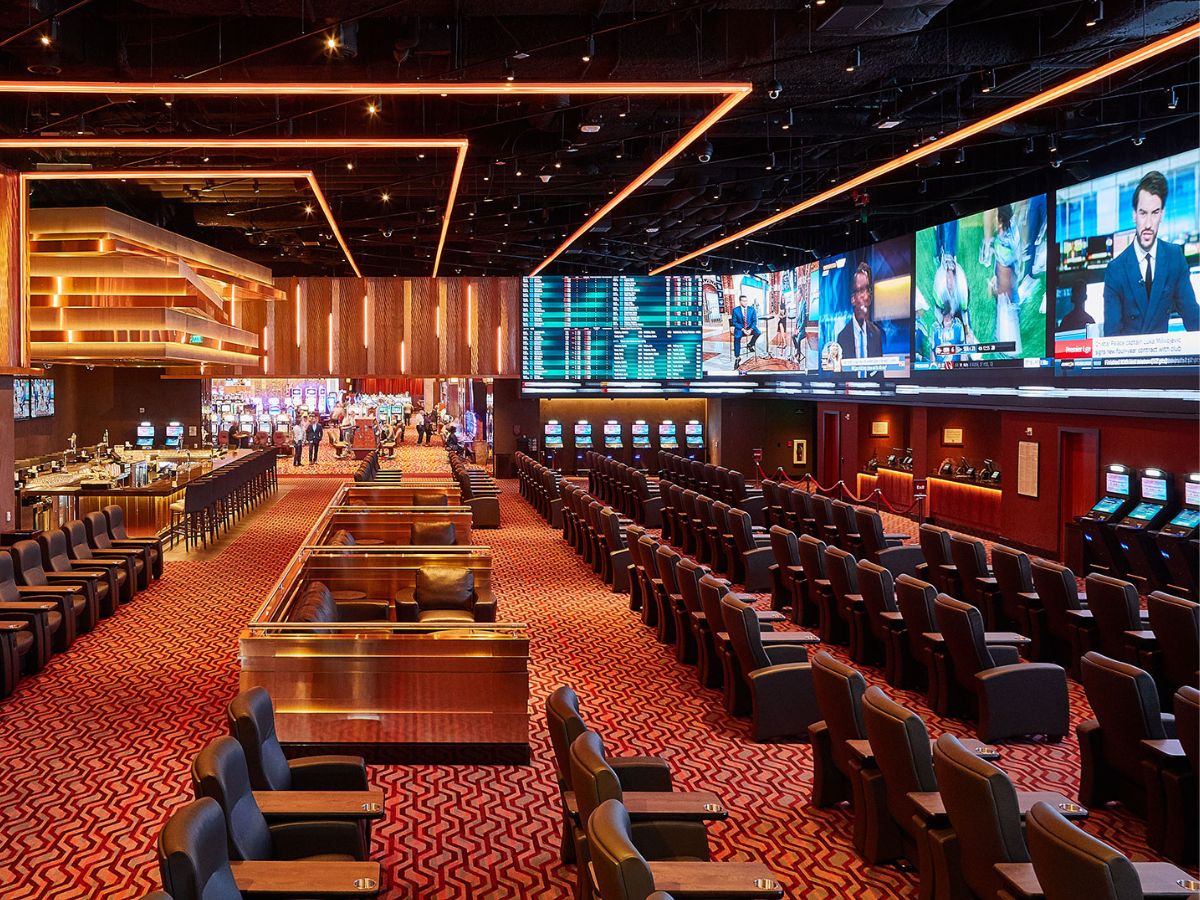
The world of gambling games has experienced a significant evolution in recent times, driven by tech progress and changing consumer tastes. As more players shift to online mediums for entertainment, traditional gambling games are being adapted to meet the needs of a technology-oriented audience. This transition not only involves the transition from brick-and-mortar to virtual environments but also covers the development of gameplay systems and user interaction techniques.
In this new virtual age, video game developers are harnessing cutting-edge technologies to create immersive environments that appeal with a diverse range of gamers. From online fruit machines with stunning visuals to interactive table games that mimic the feel of a live casino, the adaptation process is changing how we view and experience gambling games. As we explore this captivating process, it becomes evident that the prospect of gaming lies in the smooth integration of advanced technology with the everlasting appeal of luck and strategy.
A Evolution of Gambling Games
Gambling entertainment have gone through significant evolutions throughout the years, demonstrating changes in tech, society, and player preferences. In early eras, basic activities of luck were played using primitive items such as rocks and animal remains. As civilizations progressed, so did the sophistication of these activities. The emergence of card games in the Middle Ages marked a crucial moment, leading to the development of popular titles like poker and blackjack, which are continuously enjoyed today. Over the centuries, the design of gambling establishments has also changed, shifting from small local venues to grand, elaborate establishments.
The 20th century witnessed a revolution in the realm of gambling entertainment with the arrival of electronic gaming. Slot machines appeared as a favored draw, captivating gamblers with their vibrant lights and audio effects. This era also saw the emergence of casino resorts, which combined luxury accommodations with a wide variety of gaming options. The introduction of video games further broadened the field, allowing for more intricate designs and gameplay mechanics. These innovations not only pulled in a broader audience but also changed the way casino games were experienced.
With the rise of the internet in the final 90s and early 2000, gambling entertainment entered a new digital phase. Virtual casinos appeared, providing players with the convenience of gaming from their homes. This shift required gaming designers to reconsider traditional mechanics and adapt them for an engaging digital environment. Today, advancements in tech, including mobile gaming and virtual reality, persist to shape the evolution of gambling games, creating immersive experiences that engage players like never before.
Primary Attributes of Digital Casino Games
Virtual gambling experiences have changed the way players engage with the gambling experience by providing captivating experiences that mimic the excitement of brick-and-mortar casinos. One of the most important features is the incorporation of top-notch graphics and animations, resulting in a aesthetically appealing environment. Designers focus on providing realistic themes and compelling storylines that pull players into the game, boosting their overall experience. The capability to provide 3D visuals and stunning sound effects means that players can savor a vibrant atmosphere similar to what they would encounter on a casino floor.
Another important aspect of online gambling games is the convenience they offer to users globally. Digital platforms enable individuals to play their favorite games from the comfort of their own homes or on the go through portable devices. This flexibility is accompanied by a broad range of gaming alternatives, including slot machines, table games, and live casino games. Players no longer need to travel to a casino to enjoy their favorite betting experiences, allowing a larger audience to engage with casino games.
Lastly, online casino games frequently include creative features such as interactive gameplay and social elements. Many games now allow players to go head-to-head against one another, participate in tournaments, or even post their accomplishments on social networking sites. ndpitalia.it This transformation encourages a sense of community among players while fostering healthy competition. Additionally, features like customizable avatars and in-game chat options boost player interaction, making the digital gaming experience even more engaging for all users.
The Outlook of Online Gaming
As technology advances, the landscape of online gaming is preparing for significant change. Virtual and augmented reality are making waves, offering players an engaging adventure that reflects the thrill of being in a physical casino. These advancements create opportunities for creators to introduce unique game formats and engagement tools, reshaping how players connect with their preferred casino games.
Additionally, the integration of artificial intelligence is elevating user experiences and personalizing gameplay. AI can examine player behavior, recommend tailored game options, and improve customer support through automated assistants. This tailoring not only maintains players engaged but also helps build a loyal community around particular casino platforms, setting them for success in a competitive market.
Ultimately, the rise of smartphone gaming is another crucial factor shaping the future of online gaming. With an ever-increasing number of players enjoying casino games on their phones, game designers are focusing on optimizing their platforms for smartphone compatibility. This shift allows players to play casino games anytime, paving the way for a more dynamic and user-friendly gaming environment that attracts a wider audience.
